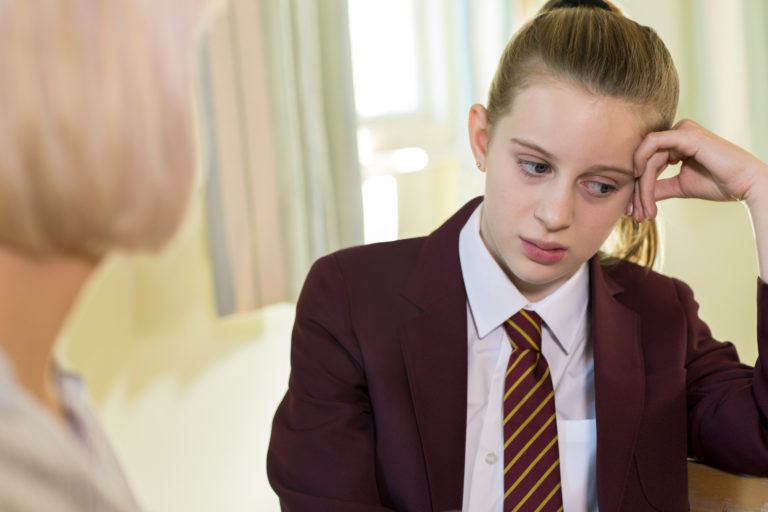
Not all funerals will be the same, they may be called different names, involve different rituals and ways of coming together and happen at different times after the person has died.
Families often have special ways of celebrating or acknowledging milestones, and these rituals can help families come together to share in meaningful moments. In the same way when someone dies, funerals can help us all, including children and young people, feel united in remembering and sharing our stories of the person who has died.
When and where a funeral happens will be different depending on the faith and culture of the person who died, but the purpose of the gathering will be the same – to remember, acknowledge and reflect upon their relationship with the person that has died.
Queen Elizabeth was head of the Church of England, so there are a very specific set of rituals that take place in England following her death. For example, a ceremonial procession, a state funeral and lying-in state. Please see our guide (here) for explanations of these terms.
Her funeral will follow the Christian faith. Not all funerals will be the same.
Remember to always speak to children in an age-appropriate way so that they can more easily try to understand.
Choice is important; talking to children and young people about a funeral can help them choose if they would like to attend. Remember that some children may not want to attend the whole funeral or prefer to attend just parts – this is also ok. It can be beneficial just to be there for a small amount of time to have their opportunity to say goodbye. It can be useful for them to hear about:
The Coffin, what it will look like. Remind them when someone has died the body doesn’t think or feel anything anymore. Sometimes we might want to put things inside the coffin with the body, letters or things that were special to that person. This can be part of saying goodbye.
Who will be there, there might be a lot of people or just a few, it doesn’t matter. There will be someone there making sure everything goes to plan.
Emotions, let children and young people know it’s ok to show how we are feeling at the funeral, people might be feeling sad, they might cry and that’s ok. There might be talking, even laughing – there is no right reaction.
Eulogy, this is something that happens at some, not all, funerals and is when someone close to the person who has died shares stories and their feelings about that person. It can also be a reading of their favourite poem, or a meaningful passage from a religious book. You might want to ask children if they have any memories or stories they would like to share at the funeral and to let them know there will be someone there to help them if needed.
Music, is often associated with rituals, formal, informal, processions, bands, choirs etc. Let children know what music to expect, they might like to choose a track, or maybe even sing or play something that is significant to them.
Clothes, sometimes there may be rules about what to wear to a funeral – for example, all black to show respect, or the person who has died may have asked everyone before they died to wear white. Let them know how people will be dressed, and where possible let them choose what they would like to wear.
Support person, it can be helpful to assign a trusted other, such as an adult or older sibling, as this can be a thoughtful way to make sure the child feels they have someone to share the experience and help all the family. Let the child know if they feel overwhelmed, they can step outside, that’s ok.
Wake, A wake is a gathering of people after the funeral who wish to be together to support one another after the ceremonial/ritual has finished. It can be useful to bring families together and give a space to share stories and celebrate the person’s life. Talk to children about when a wake might happen, and what to expect. For some children and families attending a wake may be a more comfortable choice so that they are not exposed to the visual aspect of the funeral.
Giving this kind of detailed information and answering their questions honestly and in age-appropriate language will help children and young people make their own decision, and if they choose to attend the funeral, they know what to expect.
Working together we can help make sure children and young people’s grief has a place to be expressed and they feel part of the grieving community.
For further advice and support, our national, free helpline is open every weekday 9am – 9pm on 0808 802 0111.